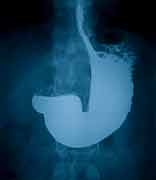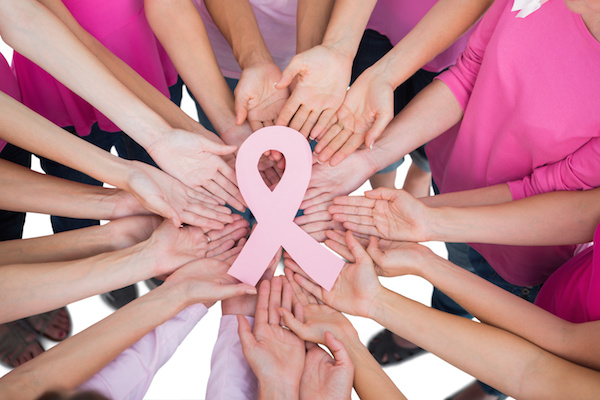
WEDNESDAY, Aug. 28 (HealthDay News) — Certain radiation and chemotherapy treatments may increase Hodgkin lymphoma survivors’ risk of developing stomach cancer, according to new study.
Hodgkin lymphoma is a cancer of the immune system and is one of the most common cancers among teens and young adults in the United States. Advances in treatment have led to improvements in survival. Between 2003 and 2009, the five-year survival rate was 88 percent.
Past research, however, has linked radiation and chemotherapy treatments to stomach cancer risk in survivors, but those studies were limited in scope. To learn more about the link between these treatments and stomach cancer risk, researchers from the U.S. National Cancer Institute examined data from more than 17,400 Hodgkin lymphoma survivors in the United States, Canada, the Netherlands, Denmark, Finland, Norway and Sweden who were diagnosed between 1953 and 2003.
Of those survivors, 89 were found to have later developed stomach cancer.
The analysis revealed that the risk of stomach cancer rose with increasing doses of radiation to the stomach. Patients who received the highest radiation doses were nearly three times more likely to develop stomach cancer than those who received the lowest doses.
The risks of stomach cancer associated with radiation were even higher for patients who also received the alkylating agent procarbazine, a type of chemotherapy known to damage DNA. Stomach cancer risks were highly dependent on the doses of both radiation and procarbazine.
This is the first study to provide clear evidence of a strong interaction between chemotherapy and radiation on Hodgkin lymphoma survivors’ risk for stomach cancer, the researchers said. It did not, however, prove a cause-and-effect relationship between the two.
The study also suggested an increased stomach cancer risk for patients who received a similar alkylating agent called dacarbazine, which is now commonly used to treat Hodgkin lymphoma. However, more research is needed to confirm this link, the researchers said.
No other alkylating agent was associated with an increased risk of stomach cancer, according to the study, which was published Aug. 26 in the Journal of Clinical Oncology.
“Our study adds strong support to the growing concern that stomach cancer is a rare but important adverse late effect of treatment for Hodgkin lymphoma,” Lindsay Morton, of the National Cancer Institute’s Division of Cancer Epidemiology and Genetics, said in an institute news release.
“Because Hodgkin lymphoma patients commonly receive treatment in their 20s and 30s, many of the stomach cancers arise before age 50, nearly 20 years earlier than is typical for newly diagnosed patients who have never had cancer,” Morton said. “Clinicians who follow these survivors should be alert to patient complaints related to the gastrointestinal tract.”
More information
The Leukemia & Lymphoma Society has more about Hodgkin lymphoma.
Copyright © 2026 HealthDay. All rights reserved.

